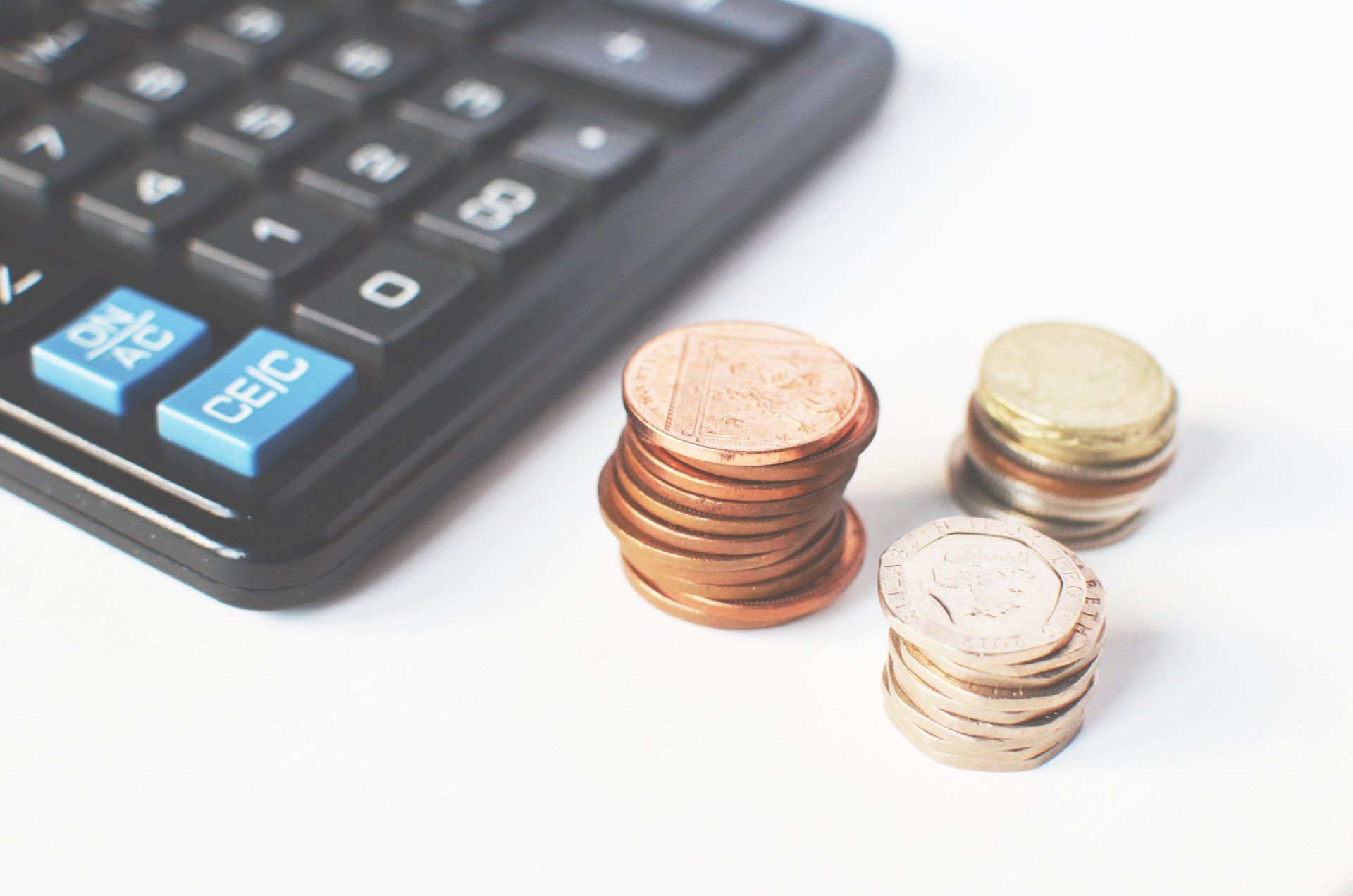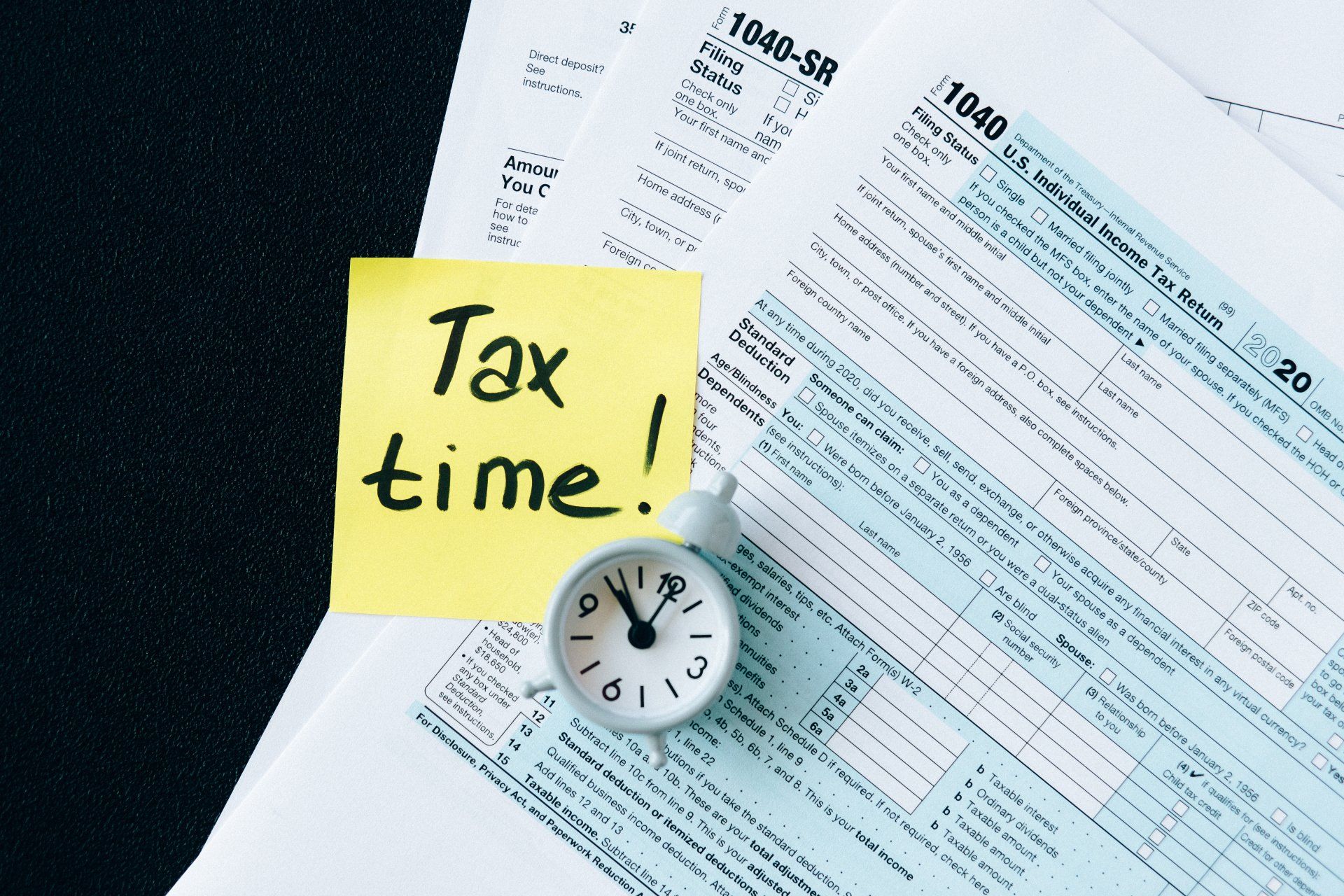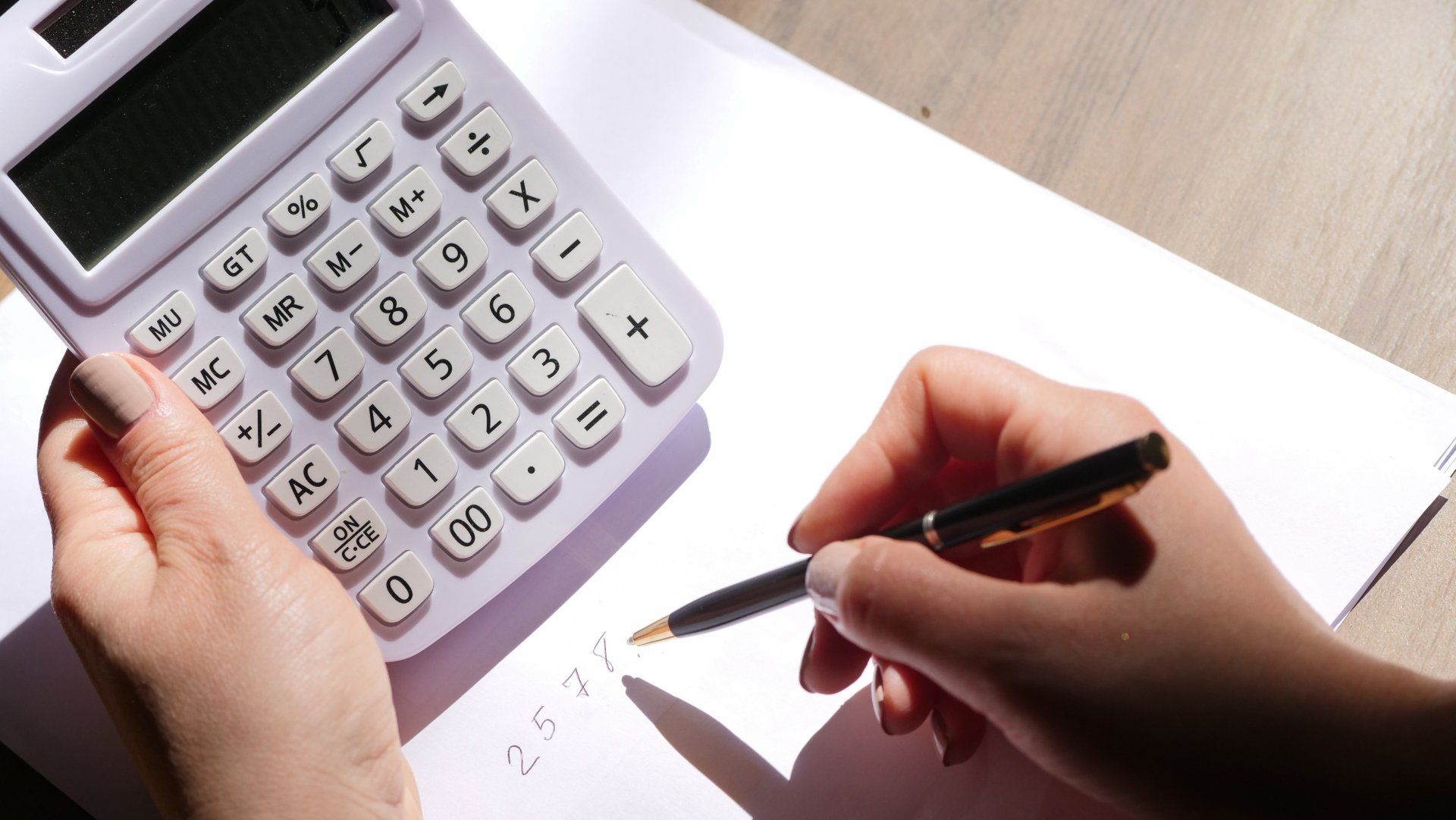Reporting Obligations of Landlords
Tax Simplified 4 You | 29 October 2021
There are about 2.66m private landlords in the UK and many people choose to invest in property to rent, because it can offer excellent returns.
Below are some key tax points to consider when you become a landlord.
Registering for Self Assessment
As a private landlord, you must pay Income Tax on your net rental property profits, which is the amount that’s left once expenses allowed by HMRC have been deducted from the total gross rental income.
Your tax bill will be determined by the size of your net profit and your personal financial/tax circumstances. You can, of course, rent out more than one property or jointly own a rental property, with a relative, partner or spouse, and you will be taxed according to your share.
If your yearly rental income is more than £2,500 after deducting allowable expenses or £10,000-plus before deductions, you’ll need to report your profits via a Self Assessment tax return (SA100) and pay your subsequent Income Tax bill.
If you fall into the above criteria, you must register for Self Assessment, if you’re not already registered.
If you don’t register before renting out your property, you must do so by 5 October following the tax year (6 April to 5 April) in which you received taxable rental profits, otherwise you risk having to pay a penalty.
What records must landlords keep?
As a landlord, you must keep accurate financial records that detail rent you receive and expenses you pay to manage and maintain the property.
You should retain receipts and invoices, because HMRC can ask for proof of your expenses, and ask to look at your bank statements.
Keep a log of mileage you drive “wholly and exclusively” for renting out your property, as these can be claimed as an allowable expense. Records must be kept for six years and you can be fined if your records are inaccurate, incomplete or lost.
How is the tax calculated?
The standard tax free Personal Allowance is £12,570 (2021/22 tax year) if you earn less than £100,000 a year.
The rates are different in Scotland, but in England and Wales:
If you earn between £12,571 and £50,270 a year, you will pay 20% Income Tax (Basic Rate) on your taxable income.
If you earn between £50,271 and £150,000 a year, you will pay 40% (Higher Rate) on your taxable income.
If you earn more than £150,000 a year, you will pay 45% Income Tax (Additional Rate) on your taxable income.
So, what expenses can a landlord claim?
To qualify for allowable expenses, expenses must be “wholly and exclusively” for renting out your property – you cannot claim for personal expenses.
Allowable expenses include:
- Property maintenance and repairs
- Replacement of domestic items such as a replacement washing machine or microwave
- Redecorating between tenancies
- Insurance such building, contents or public liability
- Gardening and cleaning services
- Agent fees/management fees
- Legal fees for lets of a year or less
- Accountancy fees
- Direct costs such phone calls, stationery and advertising for new tenants
- Vehicle costs restricted by the private use element or mileage allowance if more favourable (see Gov.uk for approved mileage rates)
- Mortgage interest payments
You cannot claim for:
1.Property improvements that increase the value of your property such as underfloor heating in a kitchen when it wasn’t there previously or an extension
2.Mortgage capital repayments.
What About the property allowance?
Property allowance is a tax exemption of up to £1,000 a year for people who earn income from land or property. If you jointly own property with others, all are eligible for the £1,000 property allowance against their share of the gross rental income.
If you have any questions about what you need to declare to HMRC as a landlord, contact us here to see if we can help.









